Hi guys, looking for a bit of advice.
Today I received my much awaited loaches. 7, currently very active and healthy looking, Botia kubotai. They are very cute and I'm dead chuffed with them.
At the last minute though I decided I should probably quarantine them, especially since they came straight from the supplier so they haven't had any time sitting in a shop for the ill ones to die off etc.
Just wondering if anyone had any tips about quarantining them. There is lots of information online about setting up the tank, but a lot less about tank maintenance during that time, what to look out for, and how long they should be quarantined for.
My concern is that I know these loaches won't be happy in the quarantine tank, I've made it as dark as possible and included lots of hides, but I know they are sensitive to immature tanks and need lots of hiding places and stimulation, so quarantine is probably far from ideal for them. Any thoughts are much appreciated.
Some pictures, not the best but I'm sure these guys aren't the easiest to photograph at the best of times, nevermind without flash or lighting, they are tiny though.
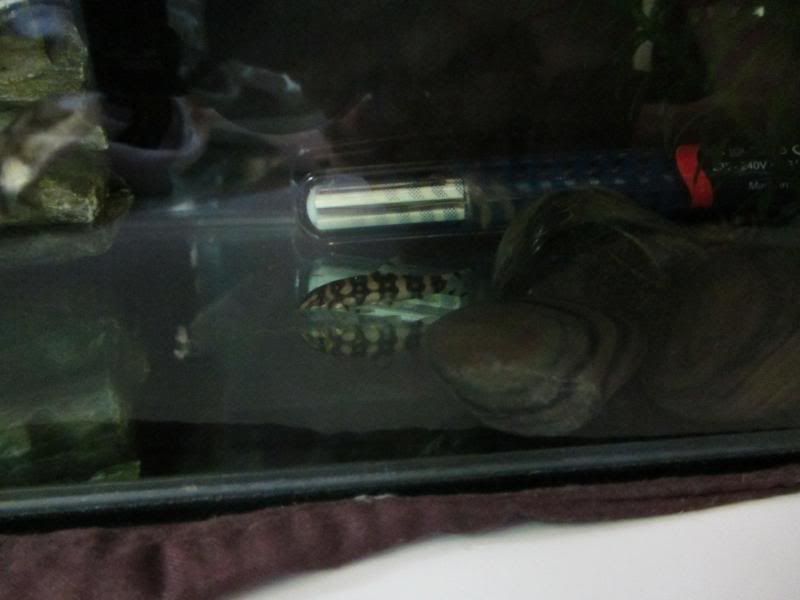

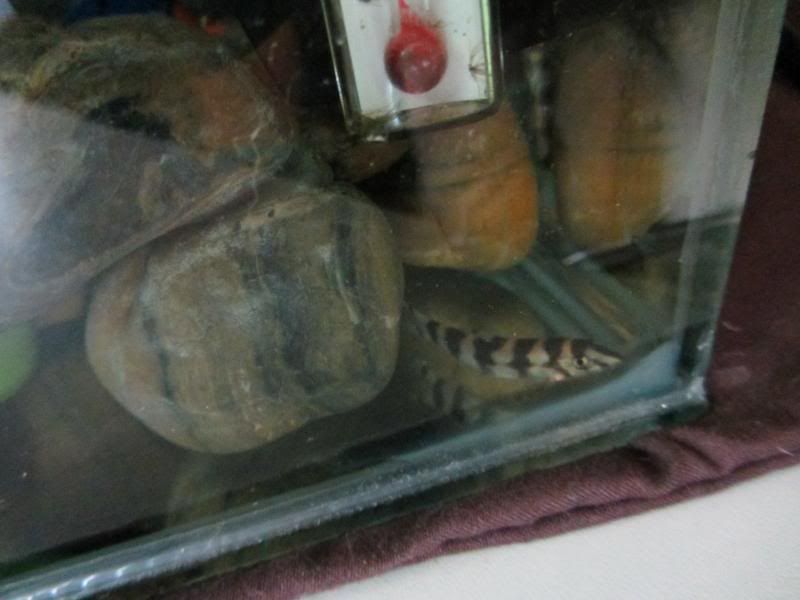
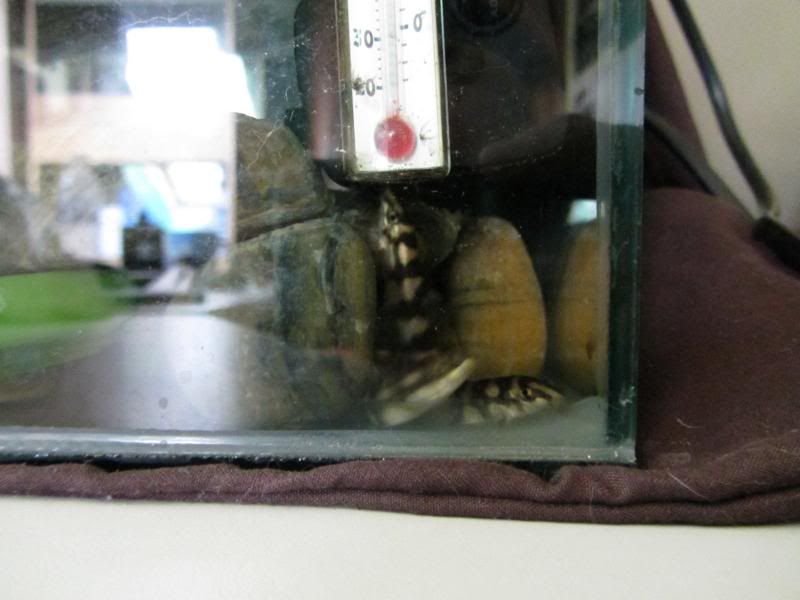
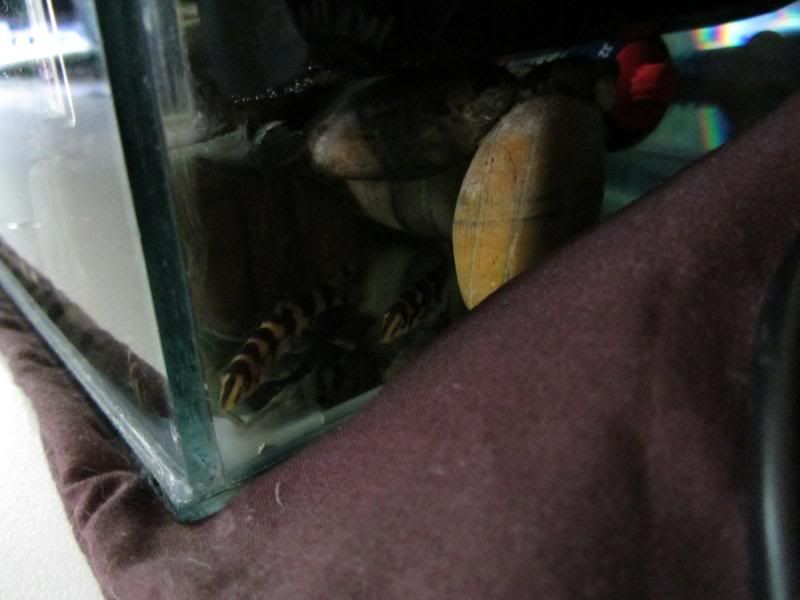
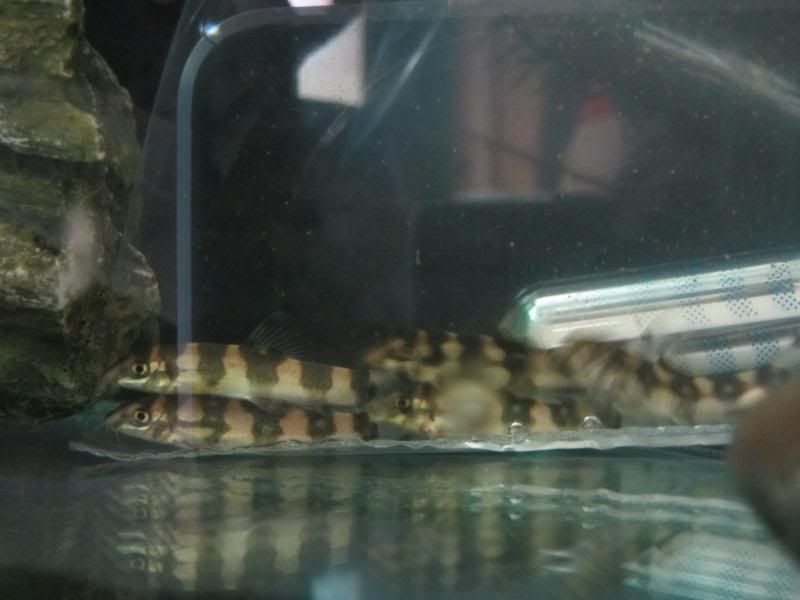
Today I received my much awaited loaches. 7, currently very active and healthy looking, Botia kubotai. They are very cute and I'm dead chuffed with them.
At the last minute though I decided I should probably quarantine them, especially since they came straight from the supplier so they haven't had any time sitting in a shop for the ill ones to die off etc.
Just wondering if anyone had any tips about quarantining them. There is lots of information online about setting up the tank, but a lot less about tank maintenance during that time, what to look out for, and how long they should be quarantined for.
My concern is that I know these loaches won't be happy in the quarantine tank, I've made it as dark as possible and included lots of hides, but I know they are sensitive to immature tanks and need lots of hiding places and stimulation, so quarantine is probably far from ideal for them. Any thoughts are much appreciated.
Some pictures, not the best but I'm sure these guys aren't the easiest to photograph at the best of times, nevermind without flash or lighting, they are tiny though.






